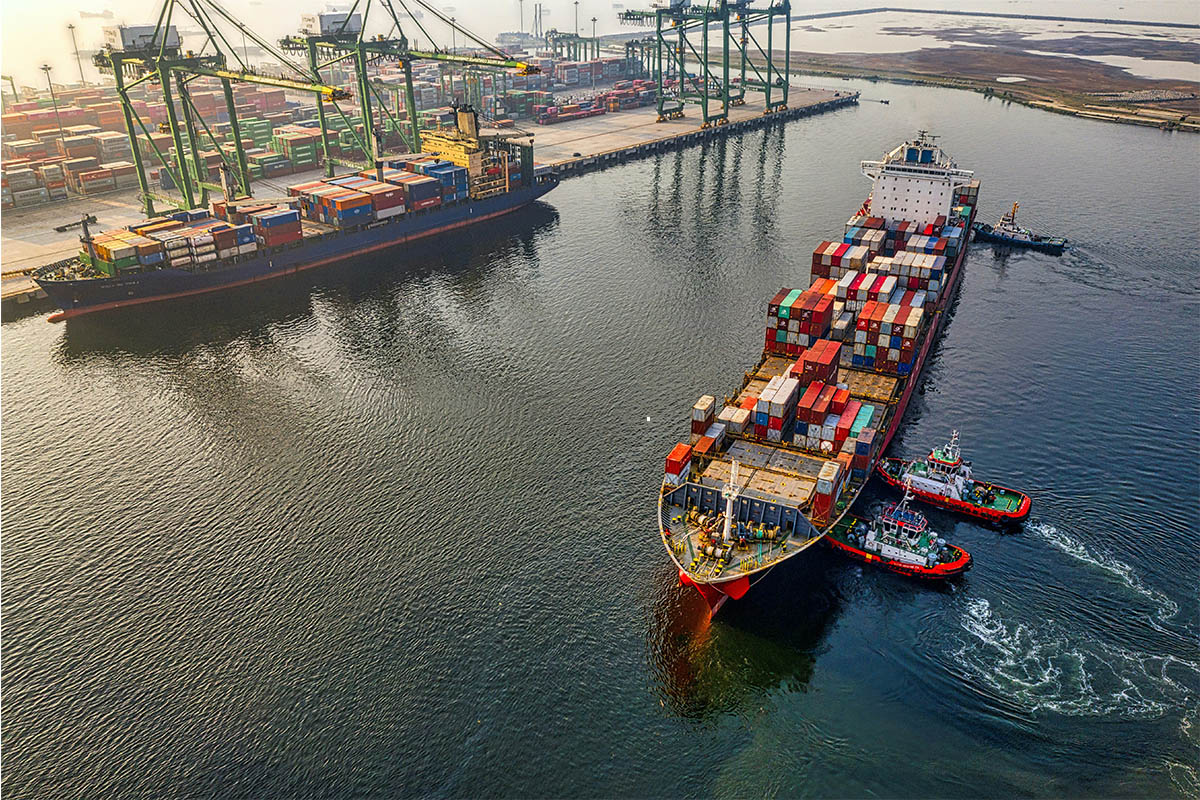Greece: Time to Reduce the Dependency on Imports

Audio Transcript Available
In this report, Dimitri B. Papadimitriou, Nikolaos Rodousakis, Giuliano T. Yajima, and Gennaro Zezza investigate the determinants of the recent performance of the Greek economy.
Despite geopolitical instability from the continuing Ukraine-Russia and Israel-Gaza wars and higher-than-expected inflation rates, the country has managed to register the highest growth rates among eurozone member-states in 2021 and 2022.
Yet the authors’ projections, based on 2023Q3 official statistics, show that there will be a deceleration of GDP growth in the upcoming two years. This will be driven mainly by sluggish consumption demand due to the falling trend of real wages and persistent higher imported inflation, coupled with the inability of the government to deploy NGEU funds and a significant loss of production due to climate damage from floods and fires. These dynamics will likely continue the brain drain of skilled workers, who opt to move abroad for better employment opportunities. The overreliance of the Greek economy on tourism is also questioned, given the dependency on foreign industrial inputs.

